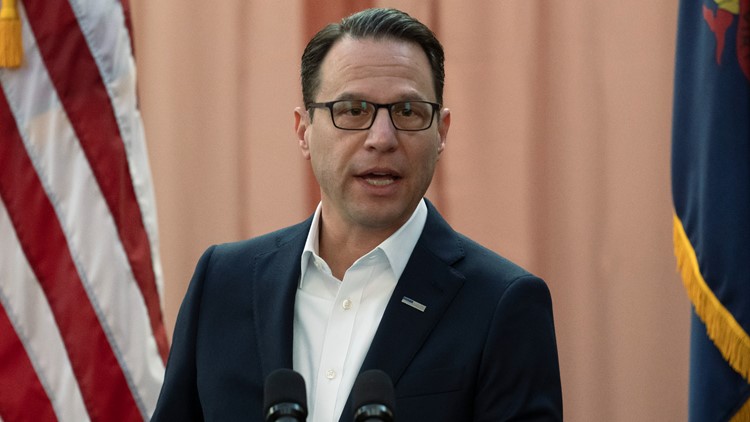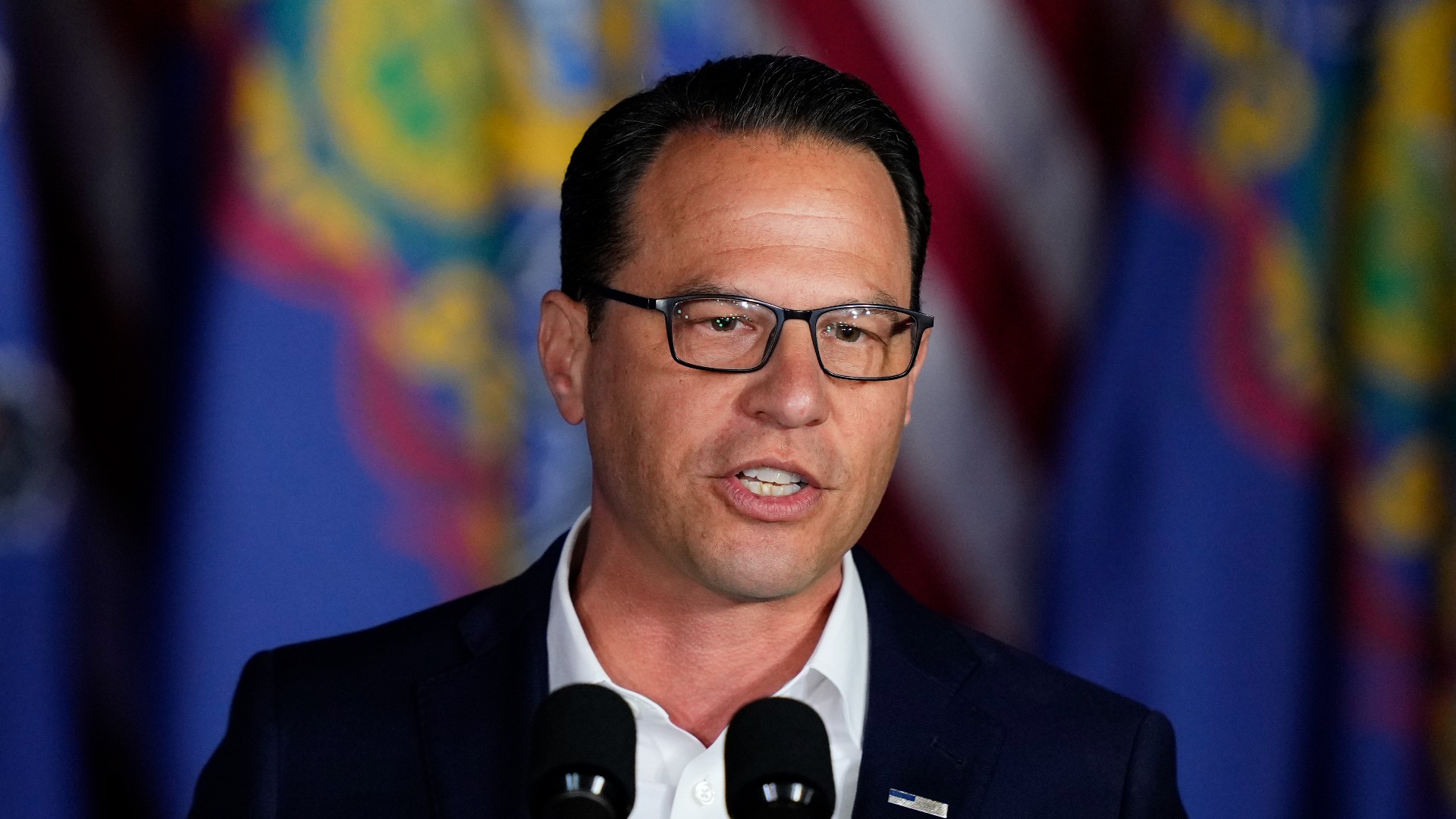HARRISBURG, Pa. — Governor Josh Shapiro is pitching his inaugural budget in Harrisburg at noon on Tuesday.
After his address to a joint session of the General Assembly, lawmakers and heads of the state departments will begin to negotiate on spending. They will have until the June 30 deadline to pass the budget.
Governor Shapiro made many promises on his campaign trail that may end up in his proposed budget on March 7.
One of the main focuses for Democratic lawmakers is educational funding. State Democrats have pushed for educational spending after the Commonwealth Court of Pennsylvania ruled current state public school funding is unconstitutional.
A debate remains between lawmakers for ways to make spending more equitable. Some have proposed reducing class sizes, raising the wages of teachers and staff and rebuilding tired and aging school buildings.
The governor also promised on his campaign trail to not raise any taxes, only reduce.
Shapiro said he wanted to slash the corporate tax rate in half. He hopes this will attract more technology companies to make their stake in the Commonwealth.
Frontline workers could potentially receive some extra tax incentives in the proposed budget. Shapiro said in his campaign this would include teachers, police officers and nurses. The governor said they could be eligible for a refundable tax credit of around $2,500 over the next 3 years.
However, promises are only as good as promises kept. Shapiro's and state Democrats' biggest push is to work with those across the aisle.
Even with a majority in the House.
"This is going to be a budget that's driven from consensus and driven by conversations and negotiations,” said Sen. Jay Costa, the leader of the Democratic minority in the Senate. “We geared towards driving a consensus among Republicans and Democrats, House members, Senate members, urban settings, rural settings, you name it; it's going to be a budget that builds a pocket census and I think that's what's most important.”
Republicans say they are willing to work across the aisle. However, they said just because there is a surplus, doesn’t mean the state needs to burn a hole in its pocket.
“We need to make sure we responsibly manage the surplus left to us in prior year budgets, as well as a historically-funded rainy day fund, to ensure we do not go back to Pennsylvanians to ask them to pay more,” said House Republican Leader Bryan Cutler, of Lancaster County, in a statement to FOX43.
After Shapiro’s address on Tuesday, the negotiations will begin. The deadline for the budget to be passed is June 30.



